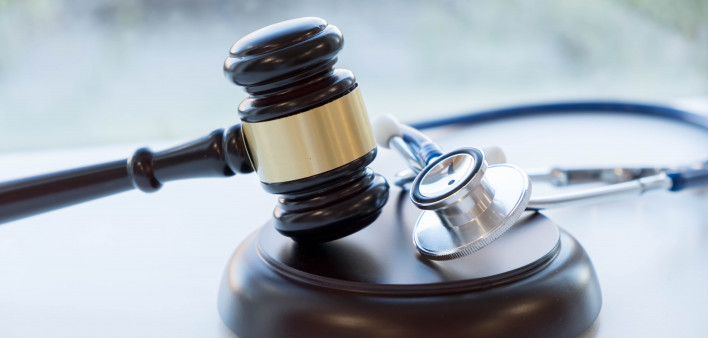There is a strong association between the criminalization of sex between men in African nations and higher rates of HIV among men who have sex with men (MSM), aidsmap reports.
MSM living in nations with legal barriers that hamper HIV advocacy and service organizations providing services to this population also have higher rates of infection, according to a study presented at the International AIDS Conference, which was held virtually last week.
Carry Lyons of Johns Hopkins University and her colleagues collected data between 2011 and 2018 from MSM living in 10 sub-Saharan African nations. A total of 8,113 men received questionnaires and HIV tests. Nineteen percent of the men tested positive for HIV.
The study divided nations into three categories based on their level of criminalization. Nations with no criminalization included Burkina Faso, Côte d’Ivoire, Guinea-Bissau and Rwanda. Those with criminalization that punishes sex between men with less than eight years in prison included Cameroon, Senegal, Togo and eSwantini (Swaziland). And nations with severe criminalization, in which sex between men is punishable by more than 10 years in prison, included Gambia and Nigeria.
Eight percent of the men living in nations with no criminalization tested positive for HIV, as did 20% of those in the nations with criminalization and 52% of those in the countries with severe criminalization.
After adjusting for various differences between the study participants, including age and education level, the investigators found that compared with men living in countries without criminalization, those living in the nations with criminalization were 2.21-fold more likely to have HIV and those living in countries with severe criminalization were 4.65-fold more likely to have the virus.
The HIV-positive rate was 12% among men living in nations that did not have legal barriers against either the registration or operation of civil society organizations offering services for MSM, compared with 33% among those living in nations that did have such legal barriers. This meant that such barriers were associated with an adjusted 2.27-fold increased likelihood that gay and bisexual men would test positive for HIV.
“Decriminalization of consensual same-sex sexual practices is necessary to optimize HIV prevention efforts and ultimately address the HIV epidemic,” Lyons concluded.
To read the aidsmap article, click here.
To see all POZ coverage of AIDS 2020 Virtual, click here.







Comments
Comments